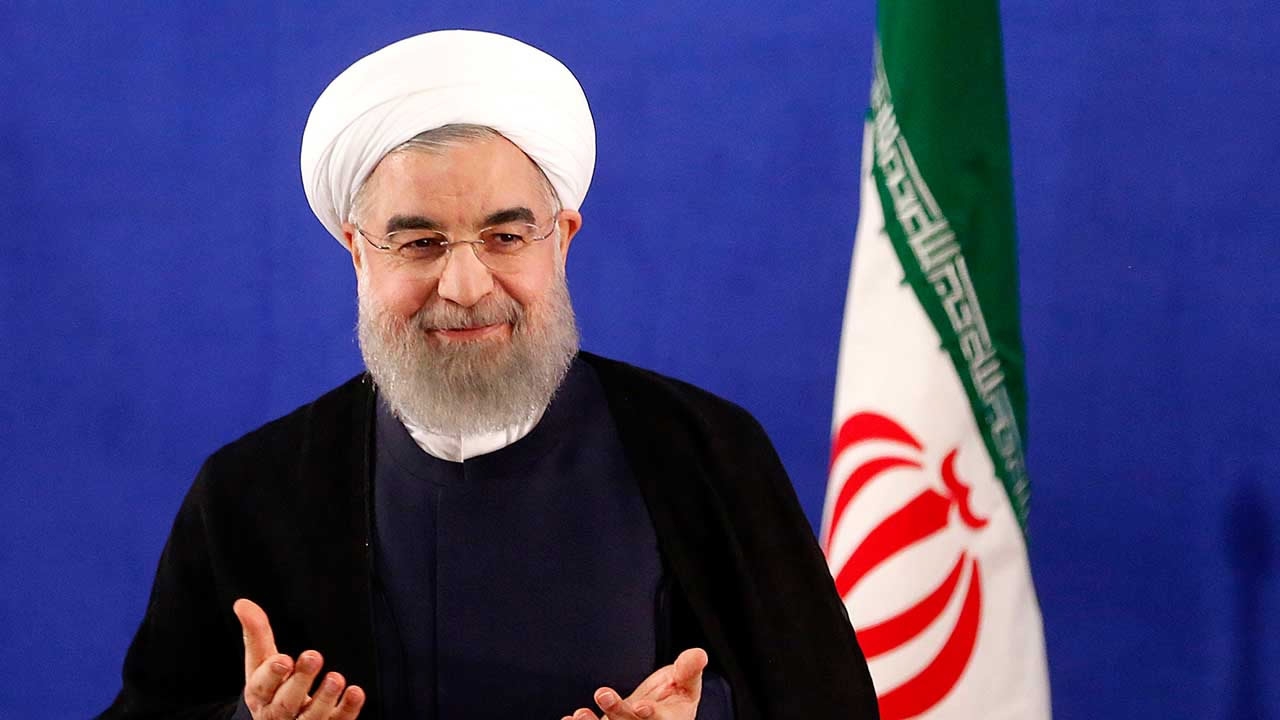
Politics
13:45, 05-Aug-2017
Iran’s new president faces various challenges

Many believe Iran’s new president-elect, Hassan Rouhani, was not the first choice of the 78-year-old Supreme Leader, Ayatollah Ali Khamenei.
Despite winning the endorsement of the country's supreme leader for his second term, Rouhani still needs approval for any further changes as the supreme leader remains the ultimate arbiter in Iran’s political system.
Domestically, Rouhani has promised to revive Iran’s economy, focusing on greater employment at a time when the country’s official unemployment rate reached a staggering 12.6 percent.
Politically, Rouhani faces considerable push-back from conservative opponents. His younger brother Hossein Fereydoun, who participated in the nuclear talks with major powers to achieve the deal in 2015, was detained over financial charges by the Iranian judiciary in July.
Some of Rouhani's supporters suspect that the charges against Fereydoun were politically motivated.
Rouhani has been long known as a cautious and mild-mannered establishment insider. As he continued to be faced with obstacles at home, in the region and abroad, how he will lead his nation into the future remains uncertain for the time being.
5602km

SITEMAP
Copyright © 2018 CGTN. Beijing ICP prepared NO.16065310-3
Copyright © 2018 CGTN. Beijing ICP prepared NO.16065310-3